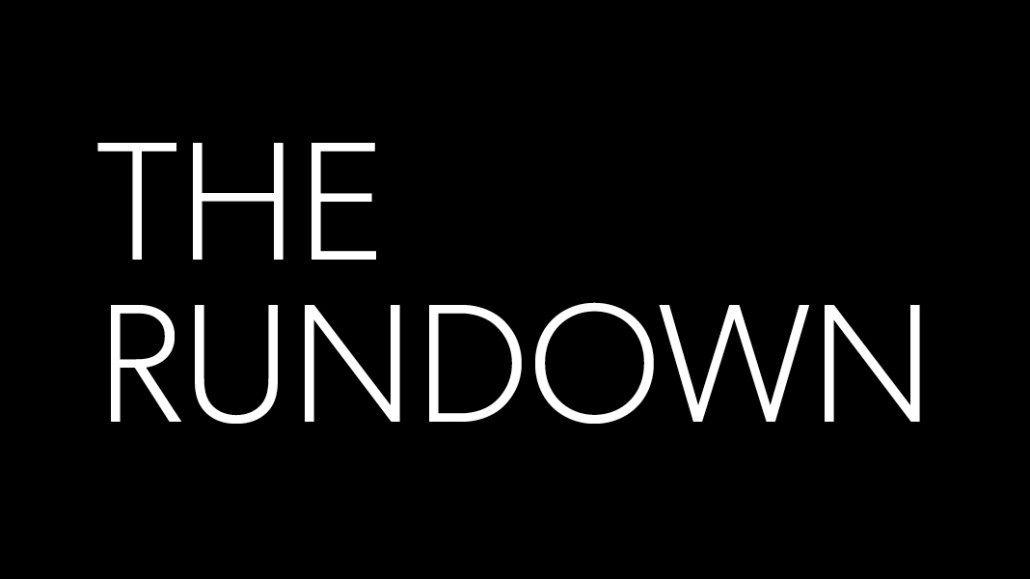Secure your place at the Digiday Media Buying Summit in Nashville, March 2-4

Just like that, data is all the rage again.
Industry execs have for months been wringing their hands about the future of targeted advertising in the run-up to Europe’s General Data Protection Regulation, which finally came into effect in May. Many said the current digital ad system would become unworkable and that marketers, publishers and ad tech companies would need to take drastic measures to run their business in ways that didn’t rely on personal data the way they have been.
But if the mergers and acquisitions and investment activity of the past few weeks is anything to go by, some have no intention of taking their foot off the gas. If anything it’s the opposite, as a growing number of large players jostle to stitch together and acquire access to as much first-party consumer information as possible in attempt to take on the might of Google, Facebook and Amazon.
Much of this activity is motivated by desperation, of course. Facebook and Google continue to control the majority of digital ad spending, and everyone else is looking for ways to catch up. The key to the success of those platforms has been their ability to understand and track exactly who they’re serving content and ads to, and those late to the game are looking for shortcuts.
AT&T announced last month it would pay $1.6 billion for online ad platform AppNexus, for example, with the intention of putting its reams of network-level consumer data to work to further its targeted ad ambitions. That purchase came hot on the heels of AT&T’s acquisition of Time Warner, for which it said the prospect of more highly-targeted video ads was a key driver. And AT&T executives are already planning ways to wring more consumer data from assets such as HBO.
Elsewhere, Mediamath raised another $225 million this week, which it said it would use partly to buy or build better identity-related technologies for targeting and tracking.
But perhaps the most significant bet was made by IPG, which announced last week it would spend $2.3 billion to acquire consumer data company Acxiom. For years IPG touted its strategy of renting data instead of owning it, but IPG chief executive Michael Roth admitted on an investor call that strategy would not enable it to compete effectively as rivals get more aggressive with first-party data ownership.
“Given what’s happening in the marketplace with GDPR and issues being raised in the US on [data] security, this was a unique opportunity for us,” he said on the call, adding in a memo to employees, in reference to GDPR compliance, that Acxiom’s data have been “ethically sourced, meaning consumer consent has been at the heart of the company’s DNA since its founding.”
Marketers and agencies have complained for years about the quality of rented data. And they’ve also complained about the so-called “walled gardens” operated by Facebook and Google.
But thanks to GDPR and the increased interest in targeted advertising from large telcos, network operators and media conglomerates, the race for first-party data is escalating quickly.
The era of the “identity garden” has arrived.
More in Media

From feeds to streets: How mega influencer Haley Baylee is diversifying beyond platform algorithms
Kalil is partnering with LinkNYC to take her social media content into the real world and the streets of NYC.

‘A brand trip’: How the creator economy showed up at this year’s Super Bowl
Super Bowl 2026 had more on-the-ground brand activations and creator participation than ever, showcasing how it’s become a massive IRL moment for the creator economy.

Media Briefing: Turning scraped content into paid assets — Amazon and Microsoft build AI marketplaces
Amazon plans an AI content marketplace to join Microsoft’s efforts and pay publishers — but it relies on AI com stop scraping for free.





